

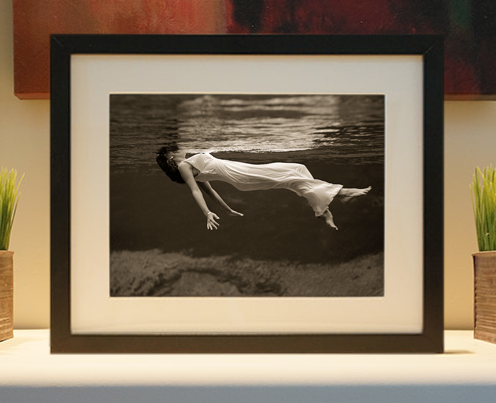
Framed or unframed, desk size to sofa size, printed by us in Arizona and Alabama since 2007. Explore now.
Shorpy is funded by you. Patreon contributors get an ad-free experience.
Learn more.

- Lost in Toyland
- And without gloves
- If I were a blindfolded time traveler
- Smoke Consumer Also Cooks
- Oh that stove!
- Possibly still there?
- What?!?
- $100 Reward
- Freeze Frame
- Texas Flyer wanted
- Just a Year Too Soon
- WWII -- Replacing men with women at the railroad crossing.
- Yes, Icing
- You kids drive me nuts!
- NOT An Easy Job
- I wonder
- Just add window boxes
- Icing Platform?
- Indiana Harbor Belt abides
- Freezing haze
- Corrections (for those who care)
- C&NW at Nelson
- Fallen Flags
- A dangerous job made worse
- Water Stop
- Passenger trains have right of way over freights?
- Coal
- Never ceases to amaze me.
- Still chuggin' (in model form)
- Great shot
Print Emporium
Hearts Up: 1921
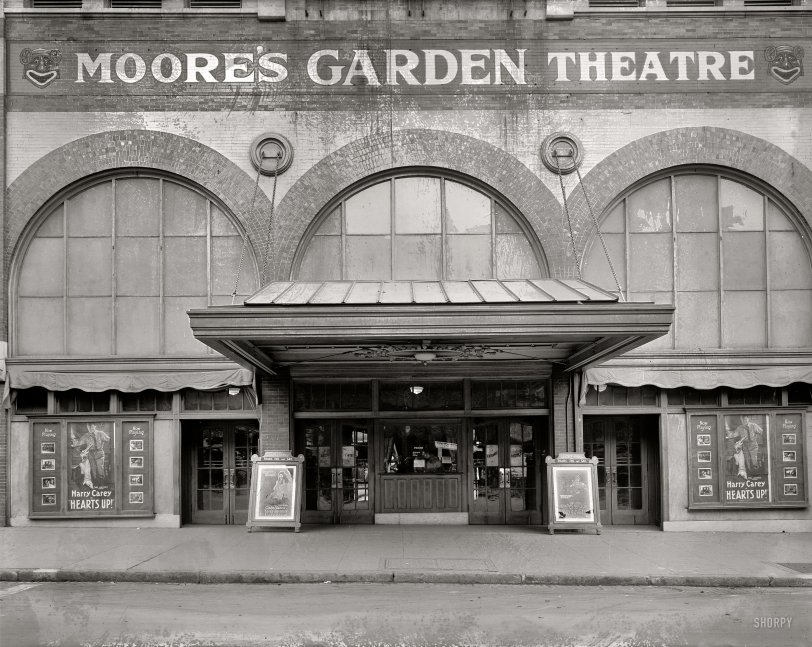
Washington, D.C., circa 1921. "Washington Film Exchange. Moore's Garden." National Photo Company Collection glass negative. View full size.
Many Names
According to Headley, the 851-seat theater at 433 9th Street went through many owners and names in its lifespan from 1911 to 1973. Initially a vaudeville house named the Imperial, it was acquired by Tom Moore and renamed the Garden in 1913. Harry Crandall, a D.C. exhibitor known elsewhere in these pages, bought it from Moore in 1922, dubbing it the Central. Headley includes a photo of the building bearing this name on p. 29. Yet another sale, in 1925, passed the theater into the Stanley organization (with Crandall still on staff and holding a minority share) and then the Warner circuit.
When the Gayety, the burlesque house a block north on 9th Street, became a legitimate house, and the name was changed to the Sam S. Shubert Theater [in September 1952], the burlesque shows and the name were transferred to the Central. It retained the name Gayety until it was demolished in June 1973.
Ninth St. Views
The Thick Plottens
According to IMDB, Harry Carey wrote the story, from which director Val Paul developed the scenario. From the Post's synopsis it seems as if Carey's time-worn mistaken identity plot was inspired by a romantic era opera, or, for that matter, Shakespeare. And audiences never seem to grow tired of love always finding a way.
Satisfactory Entertainment
A case of damning with faint praise? Also, the description of the plot strikes me as confusingly incestous from the point of view of the female lead.
Washington Post, Jan 3, 1921At the Theaters This Week
Garden - "Hearts Up," Featuring Harry Carey.
It is a satisfactory entertainment that Universal offers in its latest Harry Carey production. "Hearts Up," was presented at Moore's Garden Theater yesterday to initiate the policy of the house for 1921 of a biweekly change of features at popular prices. The "he's human" star can usually be depended on when he fashions his own subjects, as is the case in the current offering, and "Hearts Up" is no exception to the rule. It is a praiseworthy example of Mr. Carey's versatility.
A human interest theme of an appealing nature is unfolding in the course of the showing, the star appearing in the role of a masquerader, who must disguise his identity in an endeavor to make another happy this other being a young girl who he has adopted as his own. He owes a debt of gratitude to the heroine's father, and when the latter dies, Brent, played by Mr. Carey, willingly steps into his shoes to protect the daughter. She has no suspicion that the masquerader is other than her father, never having seen the latter. The pseudo-parent has qualms of conscience and wonders whether to confess his identity, but determines to remain silent rather than bring disillusionment. The facts are made known through another medium, and the girl accepts Brent as her sweetheart.
"Hearts Up" is a real human photoplay, one well emphasized in its sentiment and pathos. The romance is prominent, but the offering also is replete with melodramatic moments.
Mignonne Golden plays opposite the star, others in the well-chosen cast being Arthur Millet, Charles LeMoyne and Frank Braidwood. Beautiful settings and majestic natural backgrounds enhance the perfect staging of the production.
Short subjects, including a multiple reel of comedy, an exclusive showing of the latest Fox News and special orchestral numbers as arranged by Claude V. Burrows, directing the Garden Orchestra, complete a program of appeal.
Risky Business, the original
There have been four different Hollywood movies with the title "Risky Business." This one, the first, is really obscure, and definitely pre-Code: I found a plot summary by Janiss Garza on allmovie.com:
Tomboy Phillipa (Gladys Walton) isn't thrilled with the exploits of her flirtatious-but-married sister Ericka (Maude Wayne). During a house party thrown by the girls' parents, Ericka makes a date to meet a stranger on his yacht. Phillipa puts a halt to this by locking her up and going to the yacht herself. Ericka manages to get out and asks another guest, Captain Chantry (Louis Willoughby), to go to the yacht after Phillipa. What she doesn't know is that the so-called Captain is really a Raffles-like crook who has been planning to steal jewelry from several of the house guests. But Chantry agrees to the errand and saves Phillipa from the lecherous yachtsman. After that she trusts him so completely it inspires the thief to go straight. The two girls keep him from being arrested and he goes off, promising to come back when he has become worthy of their company.
On Ninth Street
The theater was on 9th Street NW, between D & E.
Good little job
Worked here as a projectionist in 1971 or 1972. My normal job was at Virginia theatres but a Sunday "relief" at the Gayety paid more than five days in Virginia. Was a grand old theatre, large marble stairways on each side to the balcony, both closed when I was there. Projection room hung from the rear wall and ceiling, looked like an afterthought, was accessed by a ladder. Ceiling had lots of ornate plasterwork. Across from the J. Edgar Hoover Building at 425-433 9th Street NW.
Films
I'm pretty positive that you can't call the 1983 "Risky Business" a "remake" of the 1920s picture - they share the same name, along with a 1926 film featuring Zasu Pitts and directed by Alan Hale (Errol Flynn's frequent sidekick and the father of "Gilligan's Island's" Skipper).
The other film shown here is maybe a little more interesting. It's the 1921 western "Hearts Up" starring Harry Carey. He also wrote the story. Carey was a huge star in silent westerns and later became one of the best loved character actors in sound films. Probably best known today for his Oscar nominated part in "Mr Smith Goes to Washington" where he plays the President of the Senate (probably the president pro-tem rather than the Vice President of the US), he was John Wayne's favourite actor as a kid and was close with both Wayne and John Ford. Carey died in 1947, but his son, Harry Carey Jr. (born 1921) is still alive and apparently still working (his last IMDB credit in 2005). Harry Carey Jr. was part of both John Ford and John Wayne's "stock companies" frequently working with Ben Johnson.
Song from Risky Business
Just take those Edison cylinders off the shelf,
I'll sit and listen to 'em by myself.
Today's music aln't got no finale;
I like that old time Tin Pan Alley.
Don't try to take me to a speakeasy;
You'll never even get me to a place that sleazy.
In ten minutes I'll just head for the galley;
I like that old time Tin Pan Alley.
Risky Business
They are also advertising "Risky Business" -- you know, the 1920 classic with Gladys Walton and Fred Andrews, not the 1983 muddle of a remake with Rebecca DeMornay and Tom Whatsisname.





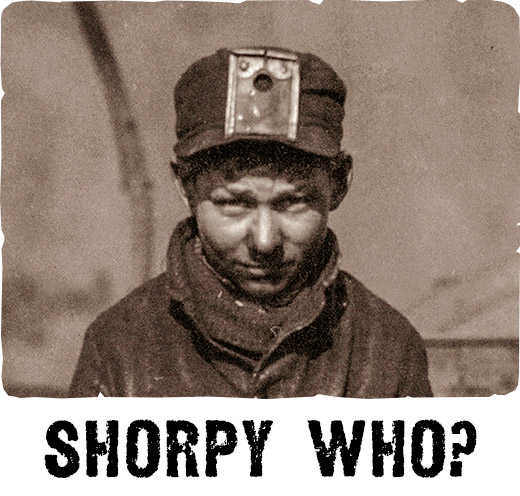
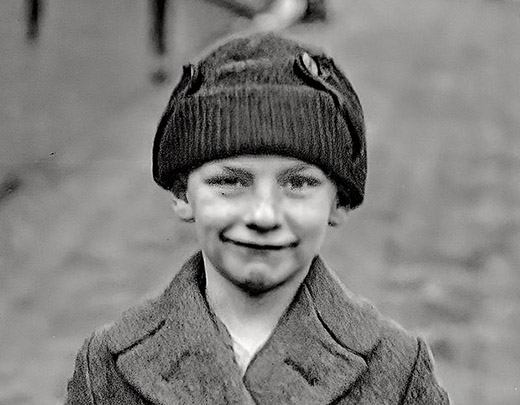
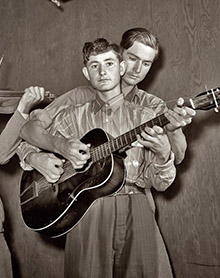
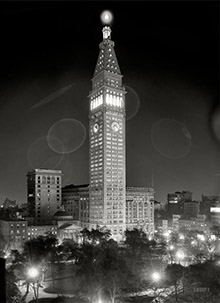
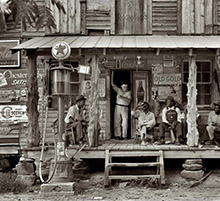
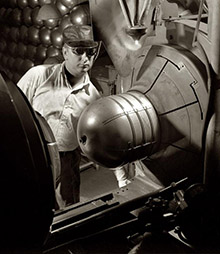
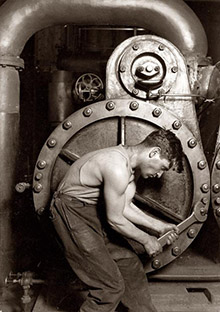
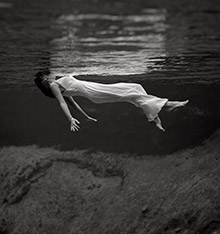
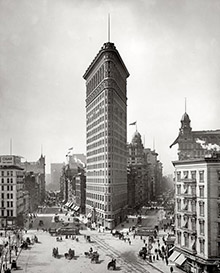



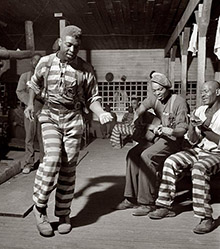
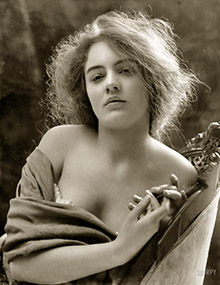
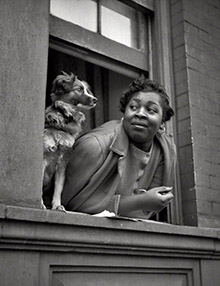

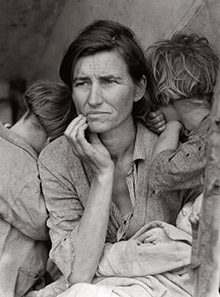

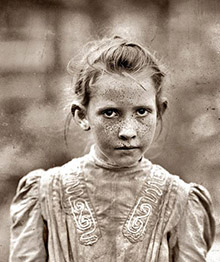
On Shorpy:
Today’s Top 5